COLUMBIA − Saturday is the one-year anniversary of the Supreme Court’s ruling in the landmark Dobbs v. Jackson Women’s Health Organization case. Nearly one year ago, the Supreme Court overturned the 1973 decision in the case Roe v. Wade, which granted Americans the right to an abortion. After the ruling, Missouri became the first state to ban abortion.
Since the ruling, nearly all abortions in Missouri have been banned, including in cases of rape and incest. The only exceptions are in the cases of a medical emergency threatening the pregnant person’s life. It is still legal for Missouri residents to receive abortions in other states.
According to NPR, 14 states have banned abortions, but several others have enacted legislation to protect access to it. One example is neighboring Illinois, where Democratic lawmakers passed shield laws, leading some abortion advocates to call the state a “midwestern safe haven.”
Other states with a Republican-majority legislature that did have abortion access in their state constitutions, such as Kansas and Kentucky, held votes where residents voted to keep abortion access in their constitutions.
Earlier this month, the Missouri Family Health Council made emergency contraceptive (morning-after) pills available for free throughout the state.
Earlier this week, a Cole County Circuit judge ruled that Missouri Attorney General Andrew Bailey could not use his claim of financial unfeasibility to limit signatures being gathered that would attempt to make abortion a constitutional amendment in Missouri. The amendment would require a public vote on the matter.
On Friday, the Missouri Supreme Court set arguments on Bailey’s appeal for July 18 with no motions for extension.
Mid-Missouri residents vary widely on their opinions about abortion.
Dave Spotts is a Lutheran chaplain for Wittenberg Door, which seeks to spread Christianity on college campuses in the Columbia area. Although he considers himself a religious leader, Spotts said the issue of abortion is an ethical one, not a religious one.
“I think it’s a significant issue just from a social standpoint, even if you completely leave religious faith out of it,” he said.
Daylin Huebotter is a teacher who just graduated from MU in the spring and works as a school teacher. She said she’s noticed her female students talk about the abortion ban much more than her male students. She pointed out that all the major lawmakers who are proponents of the abortion ban are men.
“The female population feels in the minority even more,” she said. “It feels like a larger disconnect with the community. I definitely think that women should be making decision about women’s bodies.”
Spotts said he believes that unborn children have just as much of a right to life as anyone else.
“Every human life does matter,” he said. “That doesn’t just count your life, or my life, it also counts those people who don’t have a voice for themselves and are not able to protect themselves.”
Huebotter agreed. “I understand that life matters and that life is important to me,” but she also emphasized the right for female autonomy.
“There can be a number of reasons that lead a woman to make that [decision],” she said. “But, at the end of the day, you are the one who knows your body best and I think you should have a right to make that choice for yourself.”
Spotts equated the right to life for unborn children to the value of all people.
“The people I agree with have value, the people I disagree with have value,” Spotts said. “The people who are like me have value, the people who are not like me have value. When we say we can take a class of people and exclude them in some way, whether because of their age or their level of ability or disability, it’s the same as saying we can exclude people because of their ethnicity or racial appearance and we just can’t go there as a society.”

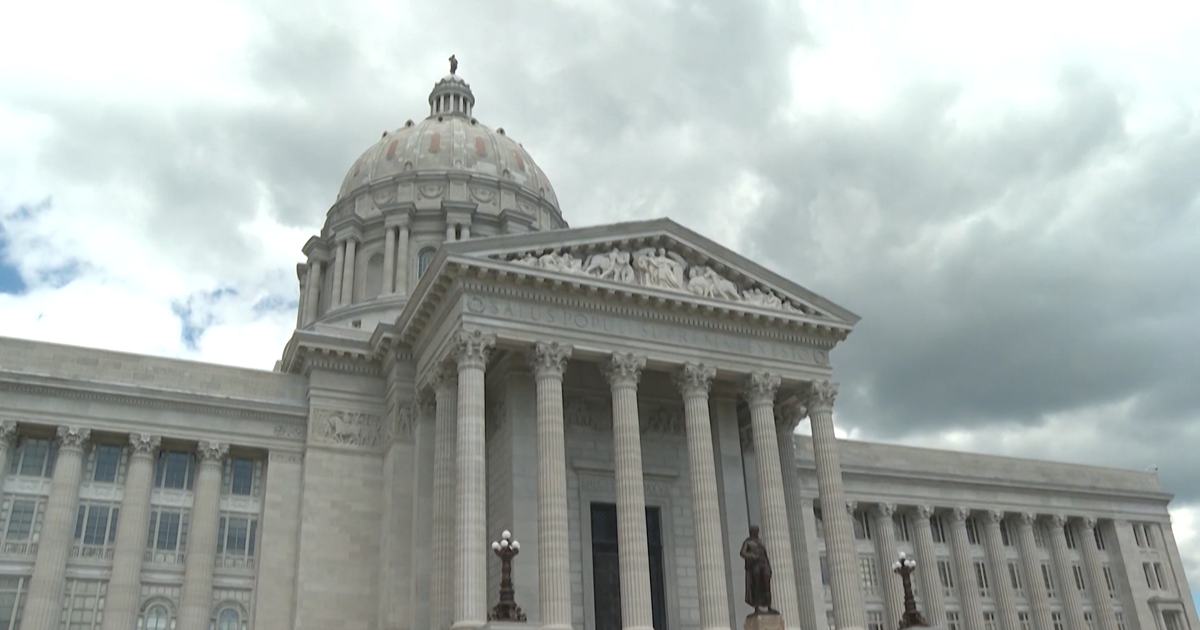
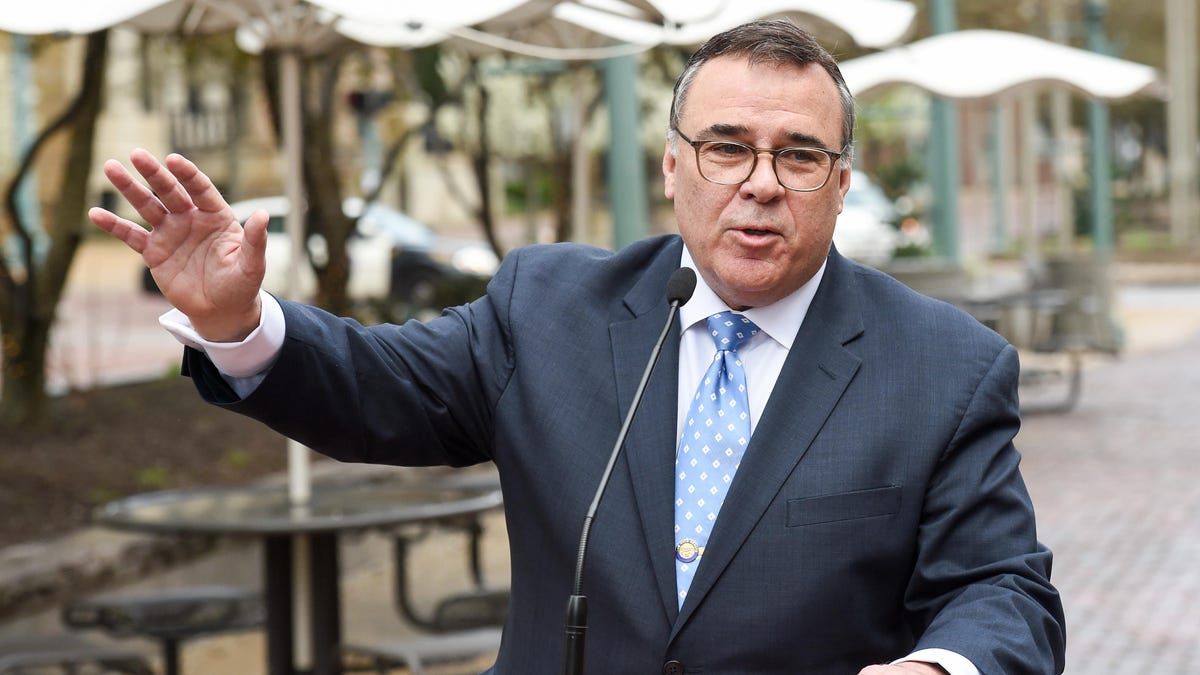




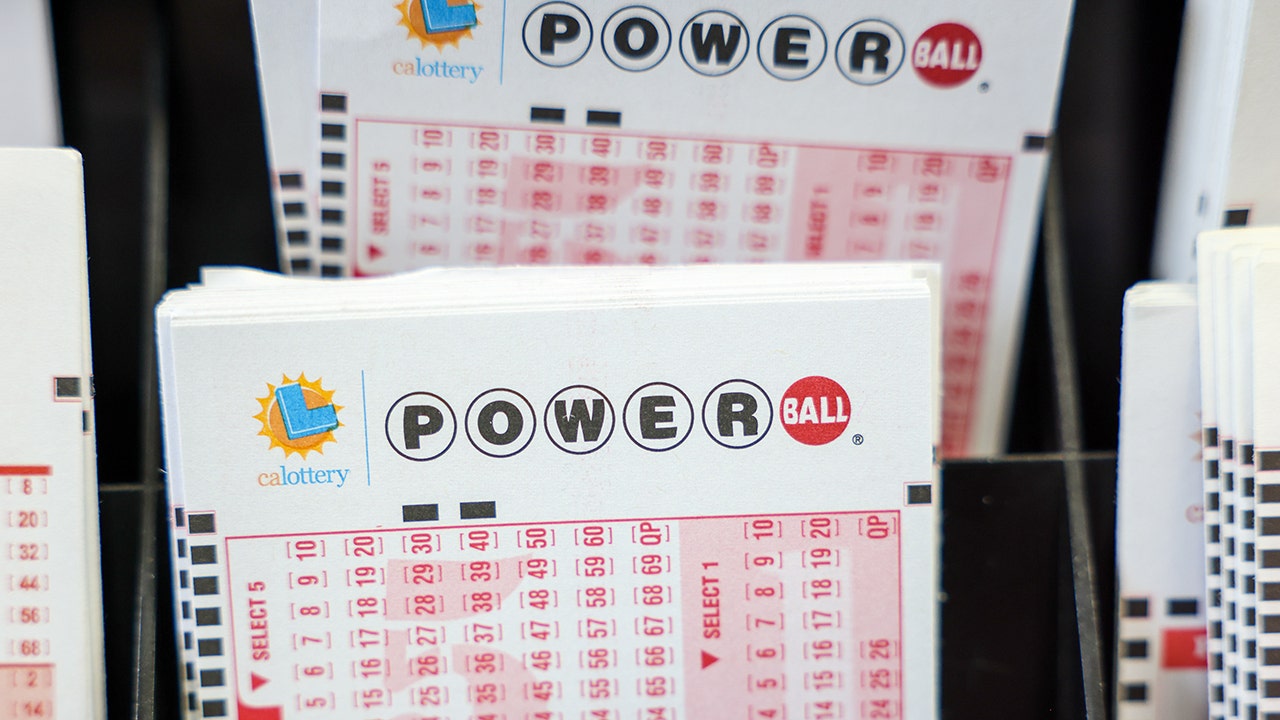

















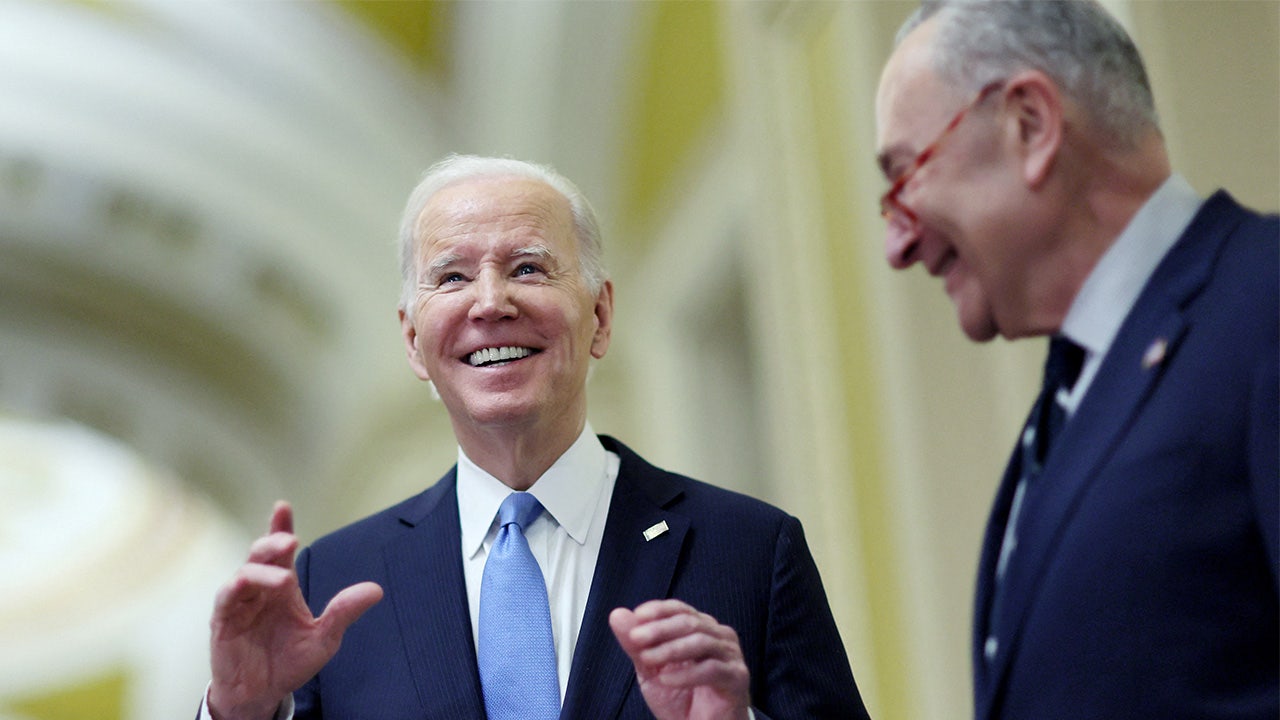

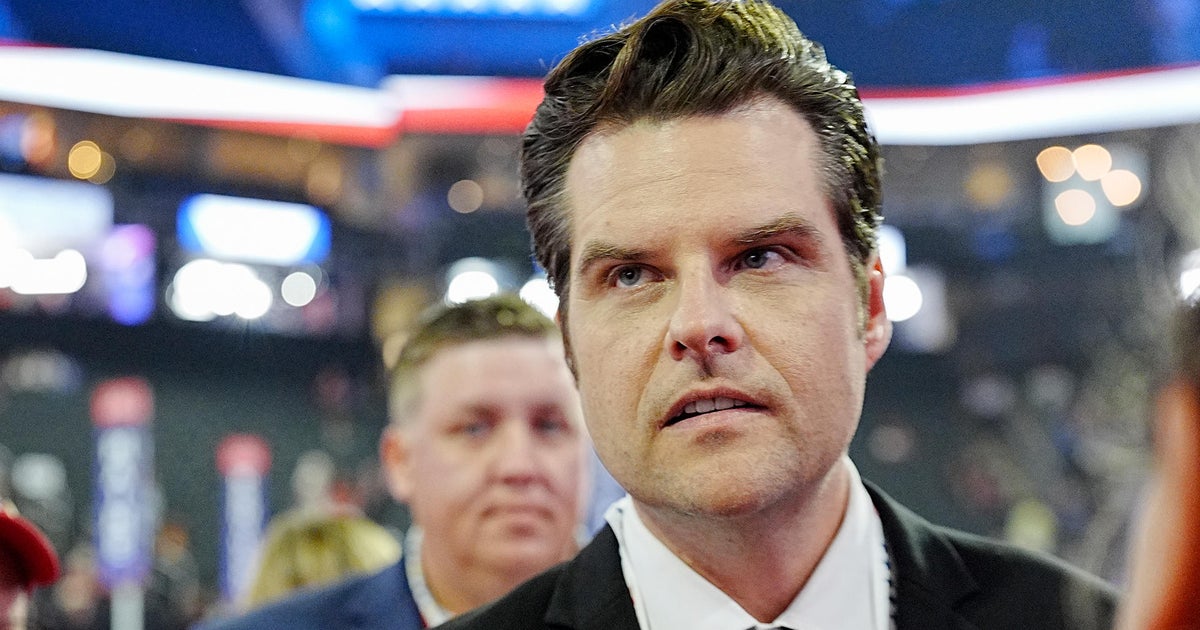






/cdn.vox-cdn.com/uploads/chorus_asset/file/25739950/247386_Elon_Musk_Open_AI_CVirginia.jpg)
